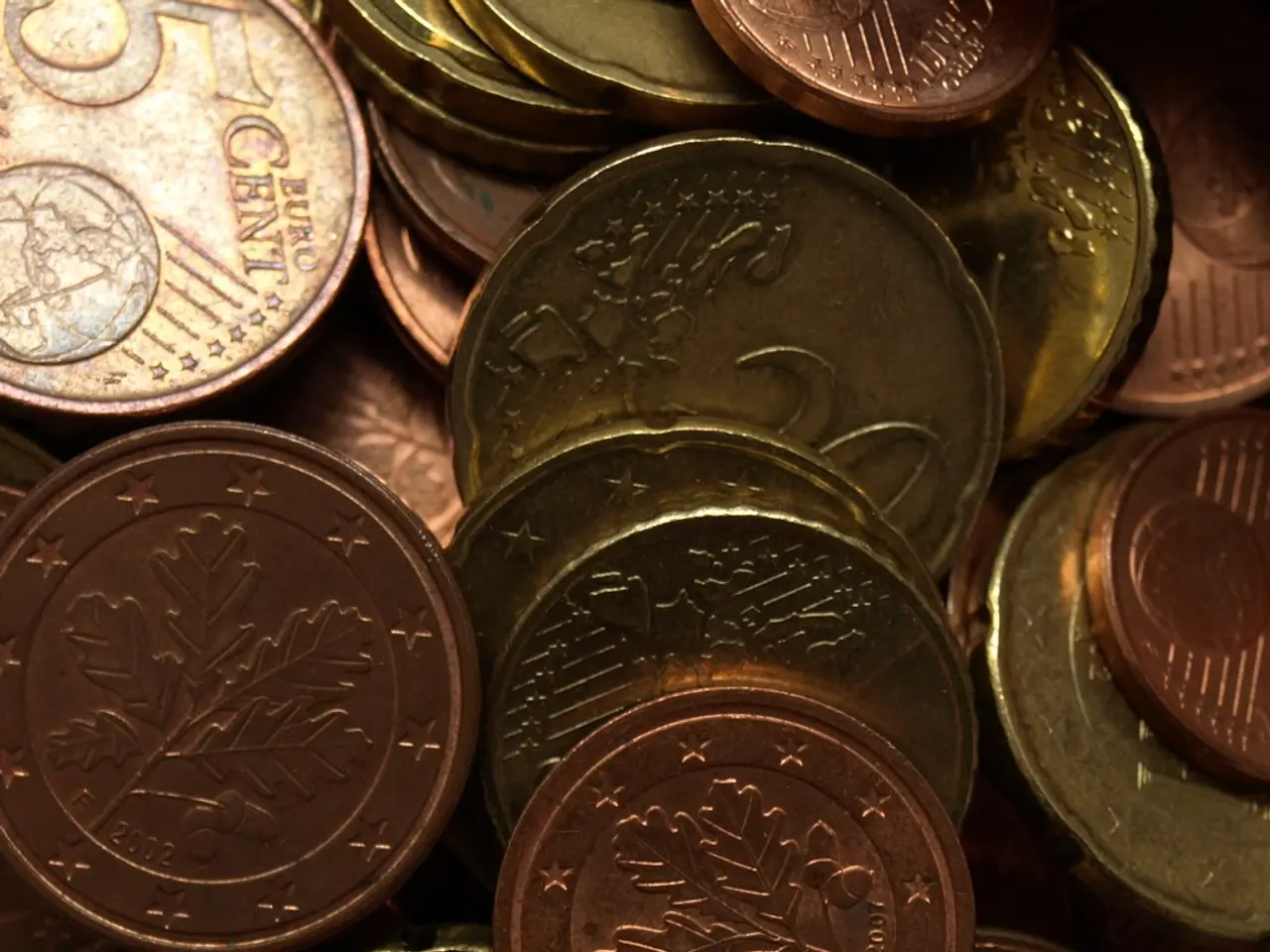Apple and Goldman Sachs Face $89 Million Penalty due to Inadequate Apple Card Launch Management
Apple and Goldman Sachs faced hefty penalties totaling over $89 million due to technical issues with the Apple Card. The Consumer Financial Protection Bureau (CFPB) levied these fines. Apple is required to pay a $25 million civil penalty, while Goldman Sachs must pay a $45 million civil penalty and provide $19.8 million in customer refunds. Unfortunately, the CFPB hasn't provided clear guidelines for collecting these refunds. Your best bet is to contact Goldman Sachs directly.
The Apple Card, integrated into iOS, has been a source of criticism. Apple, known for its hardware prowess, is perceived to have similar issues with software, often releasing buggy features before finally sorting them out. The device's appeal lies in its integration with the iPhone and its 2% cashback on Apple Pay purchases (3% at select merchants). However, numerous credit cards offer comparable cashback without limiting users to Apple Pay.
The CFPB's case against Apple and Goldman Sachs highlights several technical issues. For instance, cardholders who expected interest-free financing for Apple products when using their Apple Card, ended up paying interest due to Apple's software glitch. The dispute process was another area of concern. Cardholders faced delays in follow-ups and resolutions, with the CFPB alleging that Goldman Sachs failed to meet deadline requirements.
The partnership between Apple and Goldman Sachs was rocky from the beginning. Goldman made significant concessions, such as accepting lower fees and offering the card to subprime credit score holders. These costly moves led to Goldman incurring losses of over $6 billion and dwindling interest in the Apple Card. As a result, Goldman has chosen to abandon consumer lending and focus on its core services.
New York state's Department of Financial Services also got involved, citing concerns about the Apple Card's business model and lack of transparency. Goldman must now provide clearer information regarding interest rates, fees, and other charges to Apple Card users in New York.
As for collecting your refund, the best approach is to contact Goldman Sachs directly. Be prepared to provide information about your Apple Card transaction to facilitate the refund process.
The CFPB's fines could potentially impact the future of the Apple Card's tech integrations. Goldman Sachs, in the future, might need to invest more in their tech infrastructure to avoid similar issues. The fine and refund amount is significant enough to raise concerns for tech-savvy cardholders who value transparency and efficiency.
The tech industry often learns from its mistakes, and this situation could be an opportunity for Goldman Sachs to improve their tech capacities, ensuring smoother operations in the future. The future of the Apple Card, heavily dependent on technology, relies on addressing the technical glitches and improving customer service.
The financial penalty and refund for cardholders might affect Goldman Sachs' profit in the tech sector. However, the long-term future of the partnership between Apple and Goldman Sachs remains unclear, as Goldman focuses on refining their tech capabilities and stabilizing their core services.
Cardholders using Apple Card on iOS devices should be aware of the future improvements that may be made to address the technical issues raised by the CFPB. The tech sector should keep an eye on Goldman Sachs' response to these challenges, as it could set a precedent for other tech-based financial services in the future.








